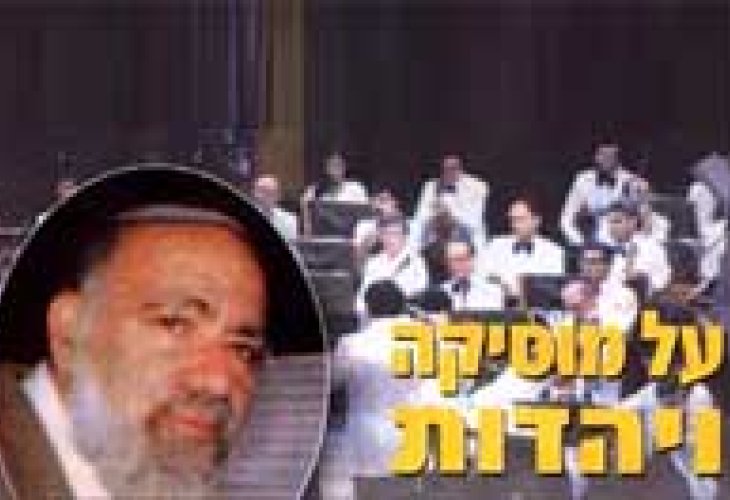Personal Stories
The Composer Who Found His Anchor in Torah
How a renowned composer discovered Torah learning in Paris and found that Judaism deepened, not replaced, his creative identity and spiritual foundation
- Prof. André Hajdu
- |Updated

It happened in Rome. I was composing music for a film, and the film editor I was working with was religious. During his breaks, he would sit and study Torah. I became curious and asked him what he was learning. He translated for me into French a Mishnah from the Talmud: “The four main categories of damages are: the ox, the pit, the grazing, and the fire.”
At first, it struck me like a short poem. It had rhythm, balance, and even a rhyme-like symmetry. But at the same time, it was part of a deep and serious moral and legal system. I asked him, “Do these four categories really cover all types of damage?” He said they did. I began asking about different situations I was familiar with, and as we spoke, I realized something remarkable: even the modern world of insurance and everyday risks fit into these ancient categories of “ox” and “pit.”
When I returned to Paris, I went to the address of a Jewish study center that someone had given me and said, “I’d like to learn Mishnah.” They asked, “Why the Mishnah, and not something simpler for beginners?” I told them, “Because it feels like that’s where I belong.” At the time, I didn’t even know Hebrew. So they translated word by word into French, and I copied the Hebrew sounds in French letters and memorized everything.
The first Mishnah I learned was from Tractate Berachot, which speaks about blessings. I told the rabbi it was like a song, so beautiful, interesting, and filled with structure. He looked at me and said, “What do you mean, a song? This is halacha!” (Jewish law). But I couldn’t help it I began to sing the Mishnah.
Some of my friends heard that I was going to a beit midrash (house of study), and they were sure this was the end of my career as a composer. To them, becoming religious meant leaving music behind. But for me, it was just the opposite. I felt my music had always been missing something solid, something eternal. Now, I had found what I was searching for.
This foundation gave me strength. It didn’t erase who I was instead it gave me roots. I brought my talents, my culture, my love for music and ideas into the world of Torah. And yes, eventually, learning led me to observing mitzvot (commandments), to making aliyah (immigrating to Israel), to marriage, to raising a family, and to building a new life on a foundation I never had in the West.
What changed was not that I became someone else but that I became more whole.
I believe many secular Jews worry that if they come close to Judaism, they’ll have to give up the world they know. I want to say clearly: you won’t lose anything important. What truly matters will come with you. You’ll still be you but with deeper meaning, with a stronger connection, and with the joy of knowing where you belong.

